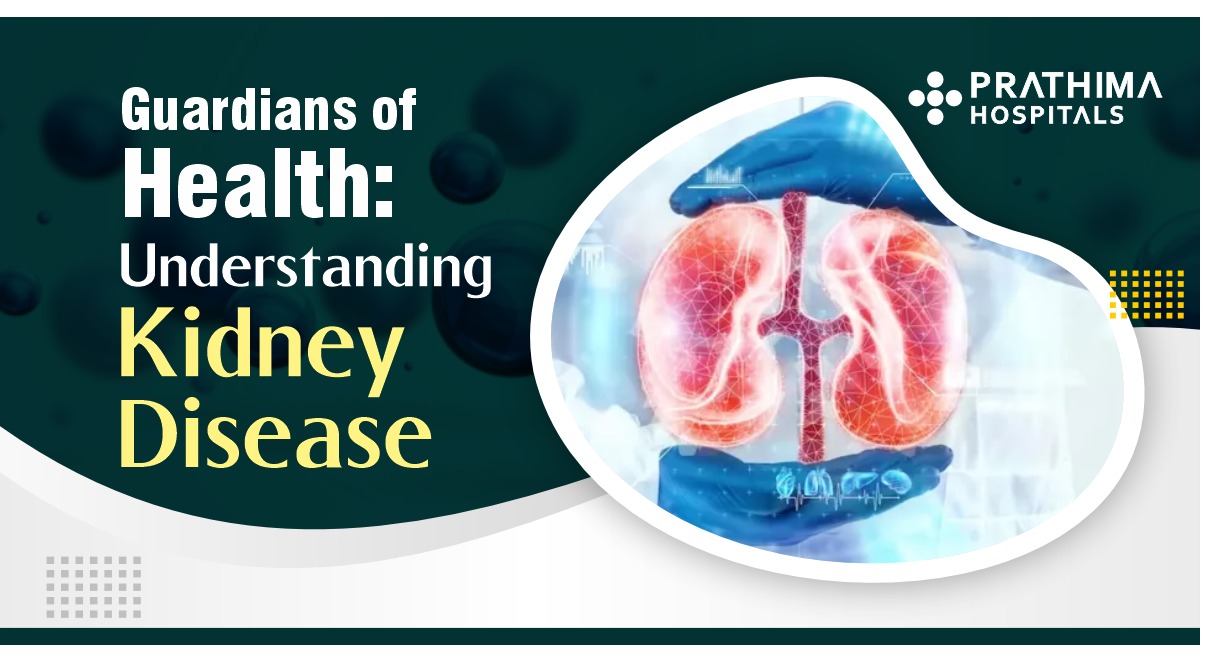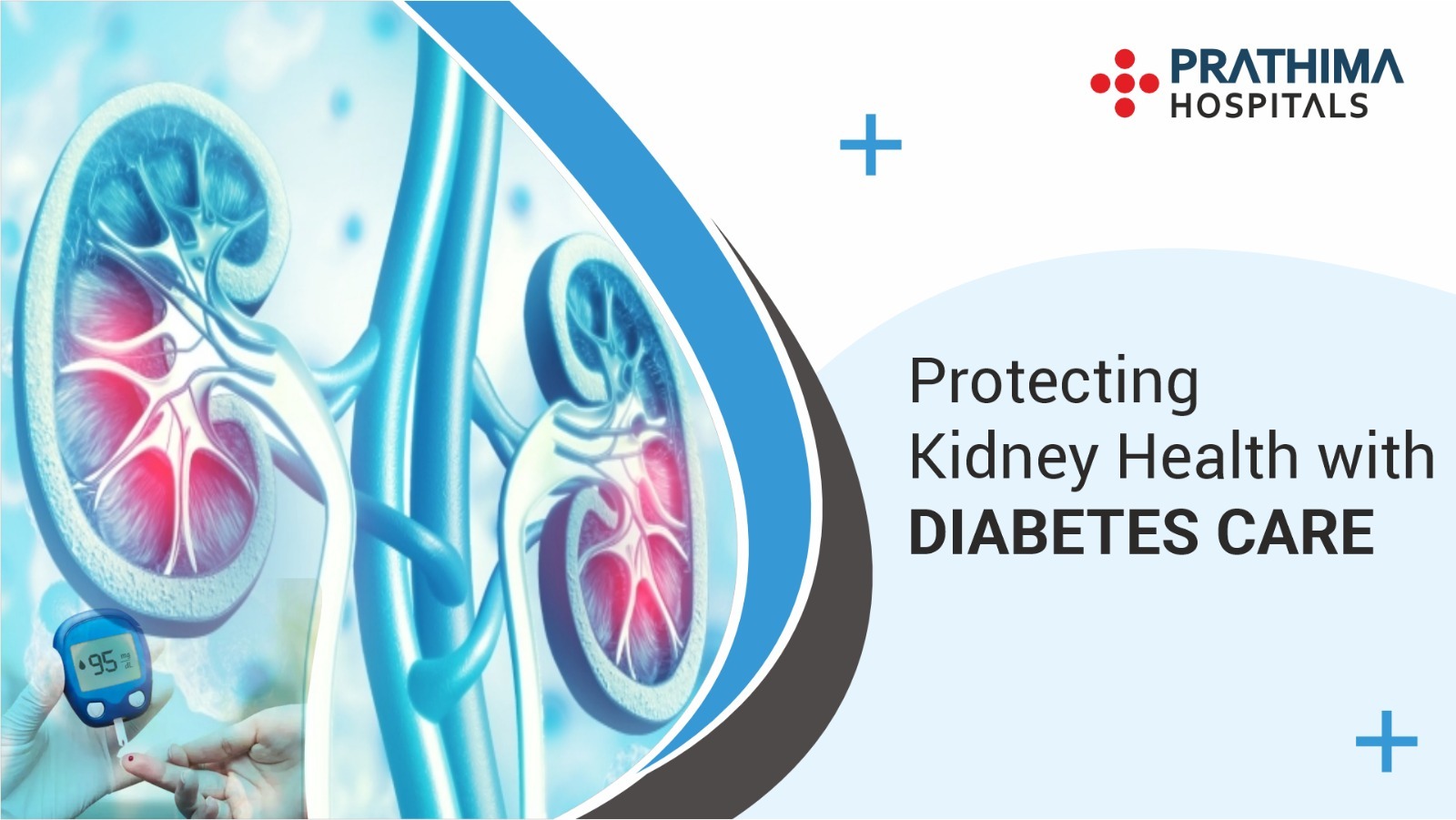Undesirable Effects Of Media On Children

Teachers, Pediatricians and Pediatric Psychiatrists agree on the fact that sustained intellectual exercise contributes to the brain growth and more sophisticated thinking, and thus brain must be challenged regularly. Communication and analytical abilities of children develop if they regularly converse with their families and or develop good reading habits. The family may unintentionally contribute to the mental deprivation and limited brain growth of their children by allowing unlimited use of media devices.
The social media network sites have provided children with easy ways of establishing friendships, and satisfy their feelings of belonging and acceptance by others.
Watching Television (TV) is the first choice leisure time activity for the families. Children’s exposure to media violence plays an important role in the etiology of violent behaviors.
Children tend to imitate the characters they watch on TV programs or on video games because they cannot distinguish between fact and fantasy until five years of age. They may accept the violence as an ordinary means to solve the problem over the time.
Watching Television or playing with the computer over two hours/day might result obesity in children due to lack of activity. Studies also suggest that 80 percent of obese children might become obese in adult life. An average child watches 20,000 or more commercials every year, more than 60 percent of which promote junk food related with obesity. Content and the timing of commercials should be carefully controlled because children under the age of 8 years are unable to differentiate the advertisements from the regular programs, and commercials, have considerable influence on them.
There are reports of a positive correlation between excessive TV watching and aggressive behaviors, attention problems, low self-esteem. The use of electronic media devices beginning from the preschool age has been associated with higher rate of emotional disorders like major depression, bipolar disorder or anxiety attacks. In addition, poorer family functioning has been reported with excessive TV watching or computer use.
The most effective way of protecting children from the undesired effects of media is to provide the family control via media literacy education programs. The success of media literacy education of families depends on the power of communication between parents and children. One of the most important steps of this education is to set some rules about limiting the time of their children spent watching TV or playing video games. Children’s media use should be limited to 1-2 hours/day after they finish their homework and/or sports activities.
Parents should watch TV with their children to teach them how to interpret the media messages or content of commercials. Parental supervision during watching cartoons and movies enables the children to distinguish between reality and fantasy. The family should talk with their children about how violent scenes create false excitement, and how problems can be solved non-violently.
Studies have shown that the educated parents can have a better control of children’s media use and its content. On the other hand, two-thirds of 8-18-year-old children of the families with higher socioeconomic status have their own TV sets, computers or video game consoles, which makes family control difficult. “Best Pediatric Hospital in Hyderabad”
Conclusion
Harmful effects of uncontrolled media used by children are the common problem shared by most of the countries throughout the world. It is impossible to forbid children’s media use. Media organizations should also be trained to be more sensitive about the determination of program content and timing. Pediatrician plays a key role in raising awareness of media literacy of families as well as encouraging politicians to create effective media-literacy education policy.





